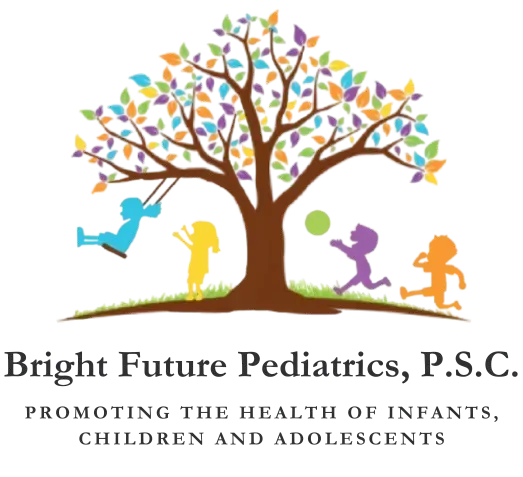Recognizing and Responding to Head Trauma in Children
Head injuries are a common concern for parents. While not all trauma is serious, knowing what to observe and when to seek medical advice is essential to keeping your child safe.
What to Do After Your Child Experiences Head Trauma
Careful observation is key. Document important details and monitor your child closely to help determine if medical attention is needed.
What to Take Note Before Calling Your Doctor:
Be prepared to answer the following questions:
-
How did it occur?
-
When did it occur?
-
Did the child lose consciousness or pass out?
-
Did the child stiffen or show unusual movements afterward?
-
Did the child vomit?
-
Is everything in working order again?
-
(Ask your child to walk, move their head/limbs, or recall familiar facts—if they’re old enough.)
-
-
Where does it hurt?
If Your Child Is Too Young to Communicate:
Observe the following:
-
Usual motor abilities (sitting, crawling, walking)
-
Alertness and mood
-
Eating and sleeping habits
Physical Examination Checklist for Parents:
Inspect for:
-
A lump, cut, or depression at the injury site
-
Normal eye movement and equal pupil size
-
Pupil reaction to light
-
Bleeding or fluid coming from the mouth, nose, or ears
Important Note:
As a parent, you know your child best. Trust your instincts. If everything seems normal after your checks, serious injury is unlikely. However, if anything seems abnormal or if you’re uncertain, don’t hesitate to contact your doctor or visit the Children’s Hospital Medical Center Emergency Room.
⚠️ Concussion Information
Our Service Area
We proudly serve families across the Tri-State area, including Kentucky, Indiana, and Ohio. and we are committed to providing exceptional pediatric care to families in the surrounding communities.
Location:
Fax: (859) 371-8472
Location: 4885 Houston Road, Suite 101, Florence, KY 41042, USA
For more information, please don’t hesitate to reach out.
